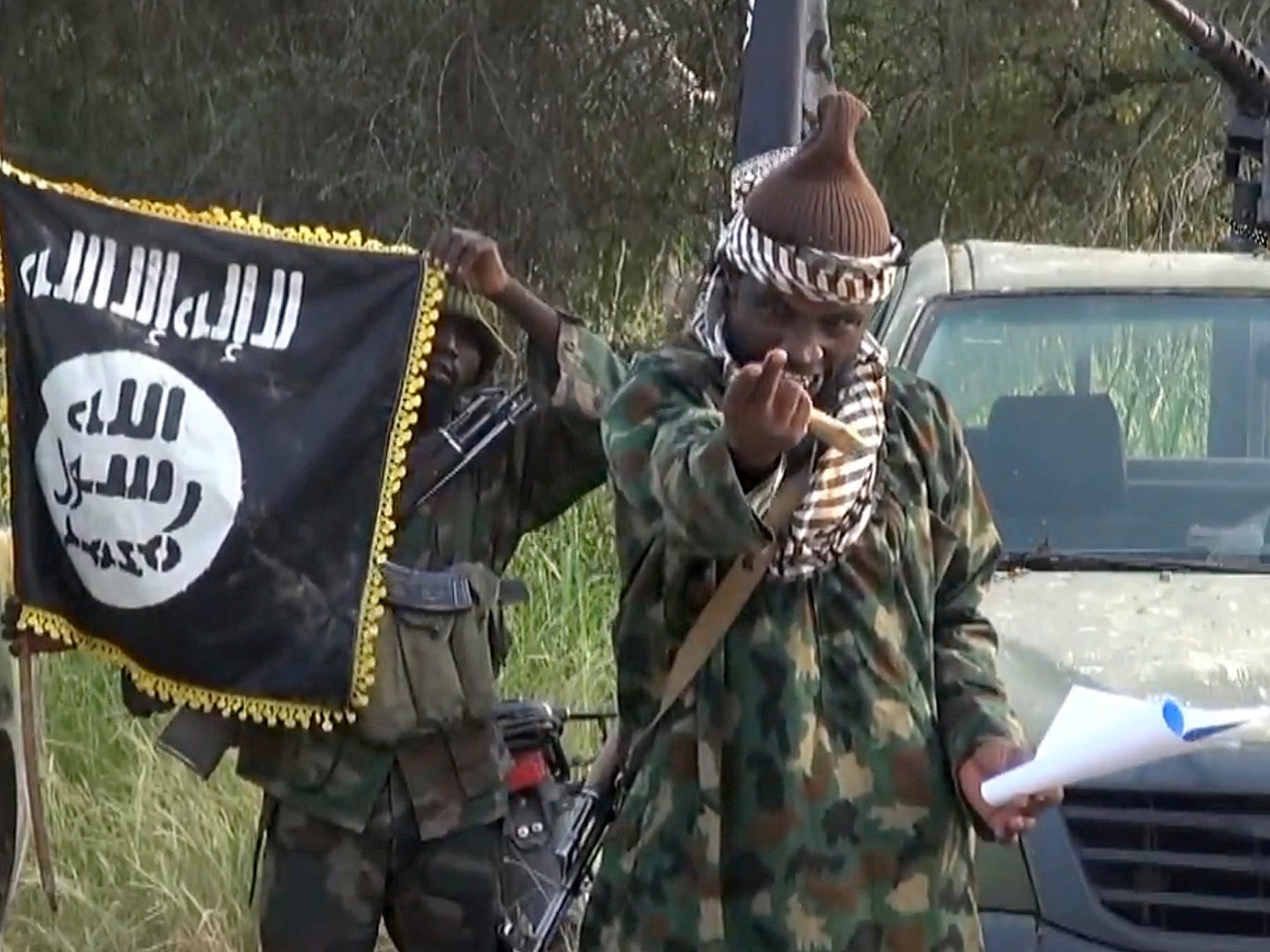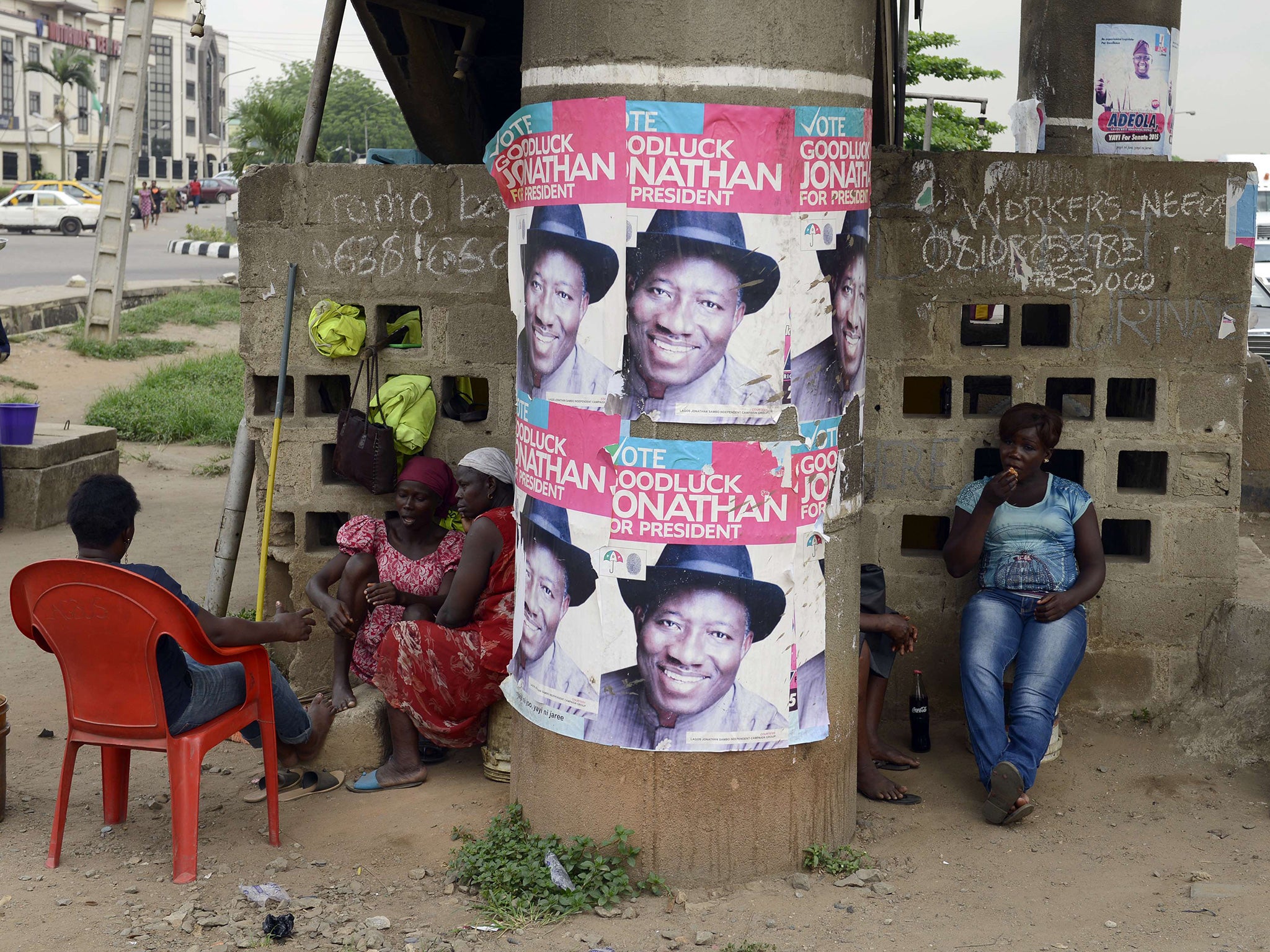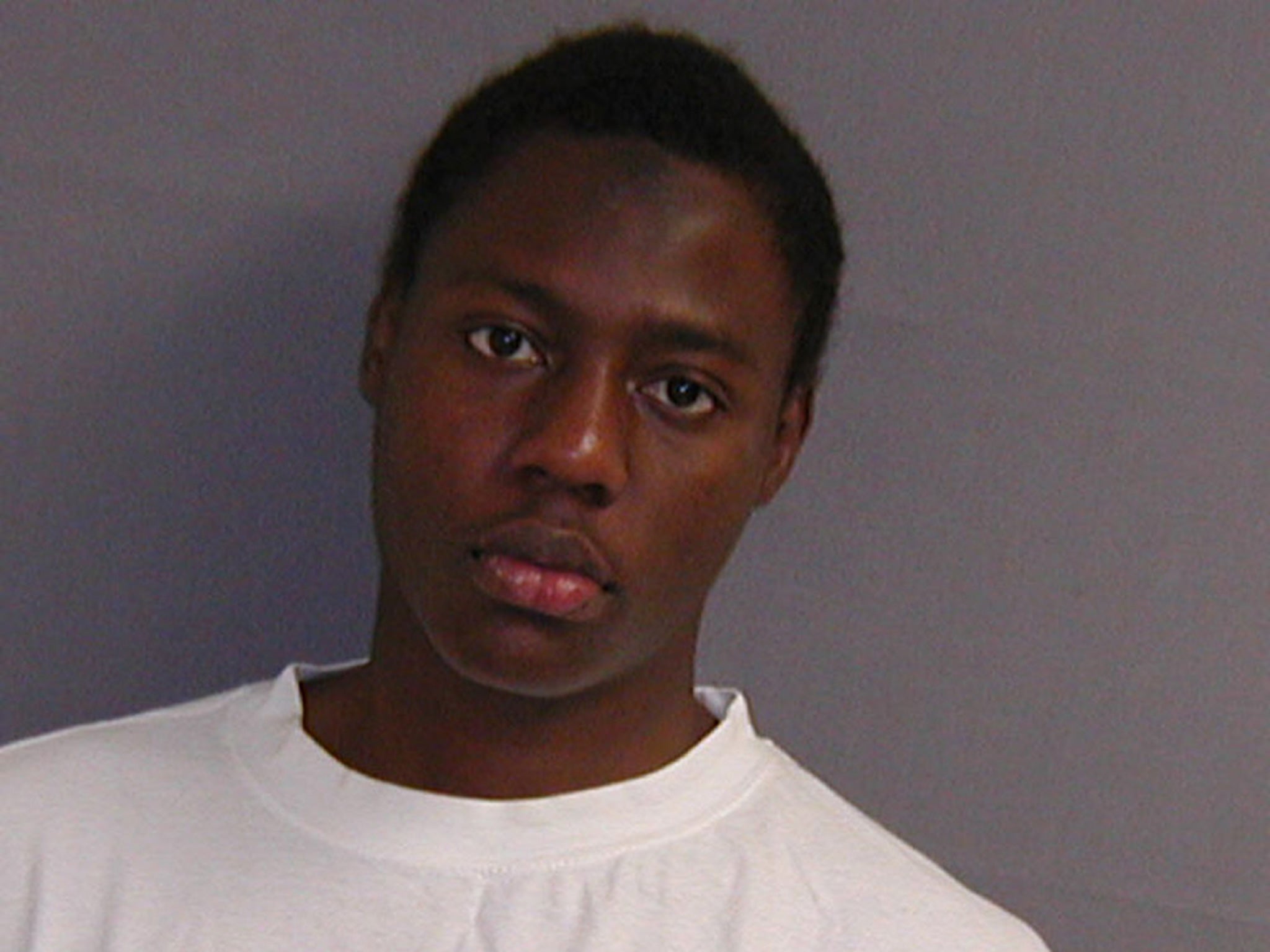Globalisation of Boko Haram: Nigerian minister warns the West faces a new terror threat
The Nigerian jihadist group has so far only strayed into neighbouring countries, but a senior minister in Goodluck Jonathan’s government is warning the West that it faces a new terror threat

Boko Haram is likely to plot attacks on the West, including Britain, according to a Nigerian government minister who warned that the Islamist group terrorising his country may compete with its global jihadi counterparts to commit atrocities abroad.
Osita Chidoka, a close associate of President Goodluck Jonathan, accused the international community of failing to give Nigeria the support it needed to combat the extremists, who are increasingly emulating Isis and al-Shabaab in their terror tactics.
Instead, he said in an interview with The Independent, “unfair” concerns were being expressed by the West about the Nigerian government as it attempts to tackle Boko Haram’s vicious campaign of bombing, shooting and abduction. That campaign includes beheadings – captured for the first time recently on slickly produced video, which showed how the group was embracing “Isis methods”.
“There are conditions, constraints being laid by the international community over this mission which are unfair on Nigeria,” he said. “If we do not tackle Boko Haram then the whole region is in danger. It will not stop there: the danger is that Boko Haram will become an attraction to Western fighters and they will copy other extremist groups.
The rise of Boko Haram
Show all 20“The danger is that Boko Haram … will try to copy groups like Isis and al-Shabaab. It can target the West like these groups do, target Europe, Britain – it would want to be like these other groups.
“The danger is that they can go beyond the region and become international. That is why Nigeria must be supported in what we are trying to do. We need full commitment from the international community.”
Mr Chikoda’s warning comes as Nigeria gears up for an election later this month in which Mr Jonathan faces a strong challenge from Muhammadu Buhari, a former military ruler of the country, who is presenting himself as the leader needed to tackle the insurgency. The polls were postponed from January in order, it was claimed, for the government to take action against Boko Haram.
Mr Chidoka insisted that a victory for Gen Buhari would turn the clock back and lead to an erosion of democracy. “The day of the ‘Big Man’ in Africa is over,” he said. “We have our own plans to defeat these people and not go back to a military strongman. Good will be restored over evil.”
He was adamant that an augmented African Union force in north-eastern Nigeria, renewed operations by his country’s own military, and civic measures brought in by the government would lead to Boko Haram being controlled. He maintained that warnings by the West about human rights violations were unwarranted.

The minister is a leading proponent of plans for a nationwide biometric database for Nigeria as a counter-terrorism measure for home and abroad, with the wider region in turmoil. Since Abubakar Shekau, Boko Haram’s leader, mimicked Isis by announcing his own caliphate six months ago – declaring that the new fiefdom no longer “has anything to do with Nigeria” – the group has launched incursions into neighbouring Cameroon, Chad and Niger. But international attention has meanwhile focused mostly on operations against Isis in Syria and Iraq.
Public figures in Nigeria have complained about seeming Western indifference to the brutalities perpetrated by jihadists in their country. After yet another massacre, in the north-western town of Baga, Ignatius Kaigama, the Archbishop of Jos, contrasted the low-key response with international outcry over the Charlie Hebdo killings in Paris.
Mr Chidoka pointed out that, unlike Isis in Syria and Iraq and al-Shabaab in Somalia, most of Boko Haram’s foreign fighters were, at present, from neighbouring countries.
But there are fears that some Muslims among the large Nigerian diaspora in Western Europe and North America are at risk of being indoctrinated. Umar Farouk Abdulmutallab, the “underpants bomber” who attempted to blow up a plane with an explosive device hidden in his underwear, was raised in Funtua in northern Nigeria.

“The problem with young Muslims in the West, in the UK, it seems to me, is that for some there is an affliction, a lack of spiritual values, especially among the middle classes,” Mr Chidoka said. “They have everything and everything becomes just about you. These young people are searching for a greater reason for being. We cannot afford not to have this debate.”
The minister was scathing about the London-based lobbying organisation Cage, with links to radical Islam, which has posted material on its website claiming that the talk of a threat from Boko Haram – whose name translates as “Western Education is a Sin” – is imperialist propaganda. The widespread social media campaign in response to the kidnap of 275 schoolgirls, “Bring Back Our Girls”, was described by Cage as a “colonial trope” aimed at “demonising Islam”.
One article about the response to the missing girls declared: “Packaging strategic incentives with feminist motives and painting benevolent Westerners as the saviours of childlike natives is an old tactic.”
Cage has been involved in controversy since its research director, Asim Qureshi, in February described Mohammed Emwazi – the Isis murderer previously known as “Jihadi John” – as a “ beautiful, extremely kind young man” and blamed MI5 pressure for radicalising him.
Mr Chidoka said Cage’s statements about Boko Haram “are not just wrong and irresponsible, they are malicious”, and added: “Young people may read this and get a false narrative. It is not true that Boko Haram is fighting to defend Muslims – the vast majority of Muslims in Nigeria are totally against them, and many of their victims are Muslims.”
Subscribe to Independent Premium to bookmark this article
Want to bookmark your favourite articles and stories to read or reference later? Start your Independent Premium subscription today.

Join our commenting forum
Join thought-provoking conversations, follow other Independent readers and see their replies
Comments